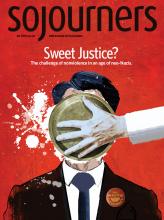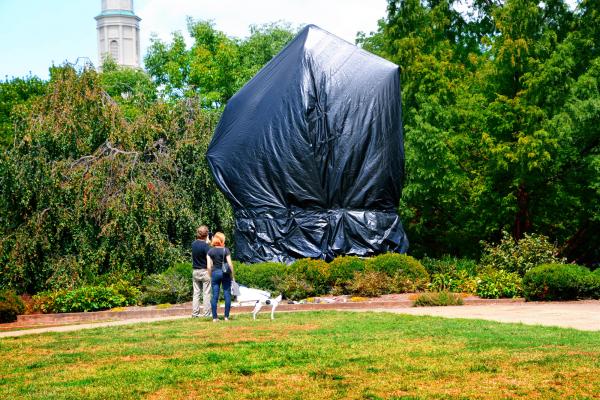THERE IS NOTHING new under the sun, as the author of Ecclesiastes reminds us. In this, theologian Elsa Tamez said, we can “find solidarity in our discontent.”
I visited Charlottesville in May, nearly a year after the “summer of hate.” I heard from young Christians who had been on the frontlines at Robert E. Lee Park (now called Emancipation Park). I stood in the presence of their discontent, listening and witnessing to the ongoing, traumatizing effects of last summer’s “fascist lollapalooza,” as one University of Virginia professor put it.
Still reckoning with the memory of Aug. 12, one leader in his 20s shared how he had tried to be a nonviolent defender amid multiple “armed actors,” including the Ku Klux Klan, neo-Nazis, anti-fascists, and police. By the end of that day, two state troopers were dead, one woman was murdered, dozens were injured, and the whole community was emotionally, spiritually wounded.
Read the Full Article

